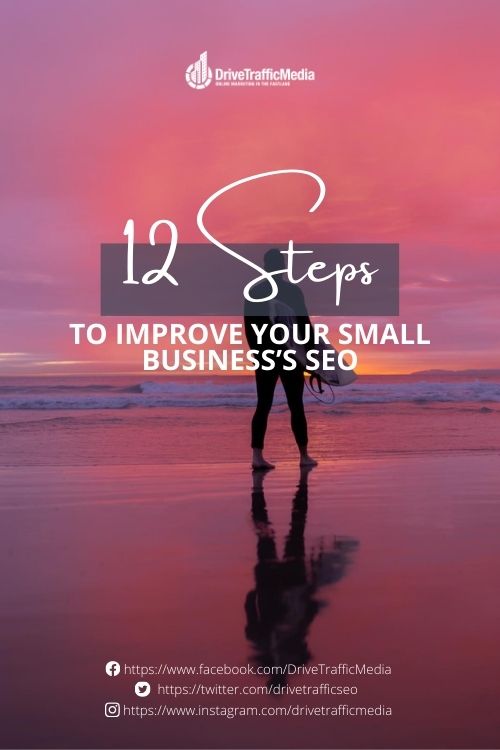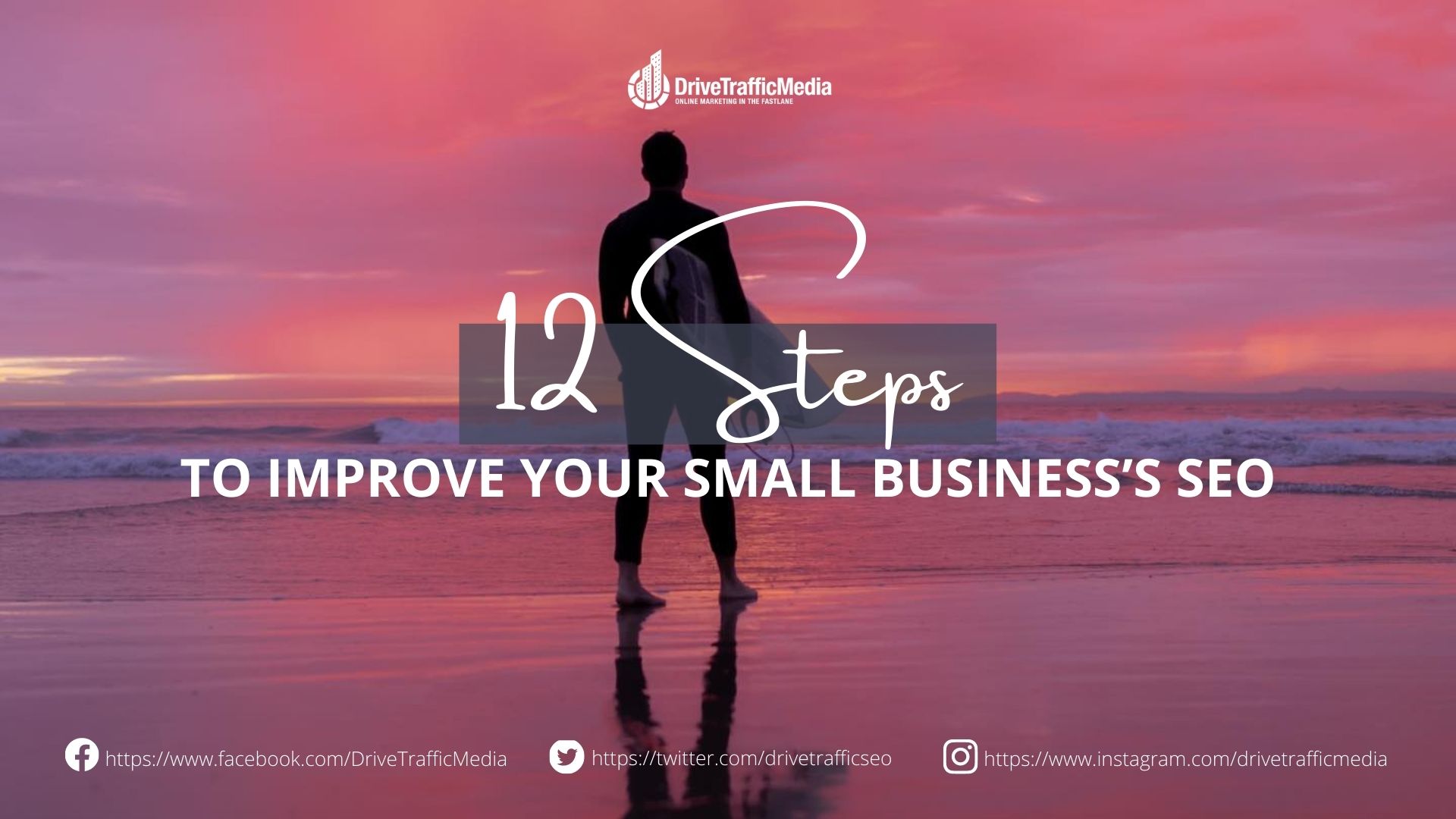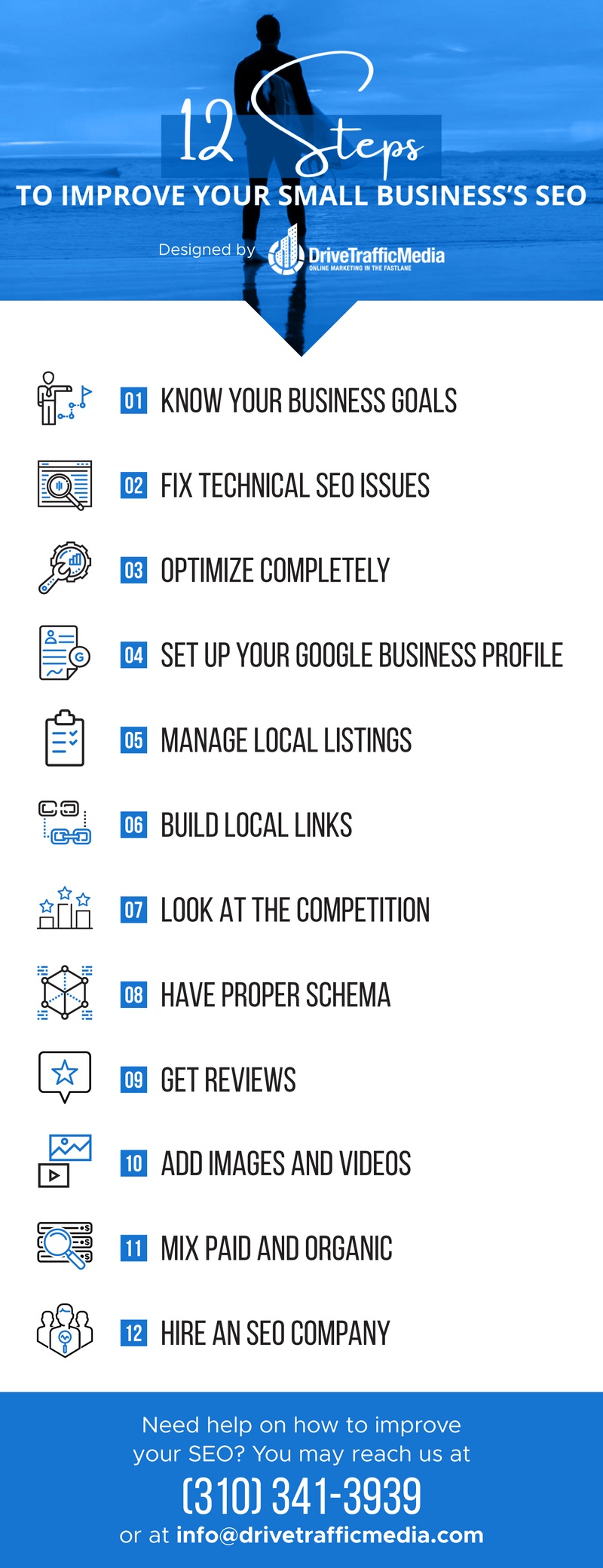1. Know Your Business Goals
You should establish what you want out of your business. It will help you develop an SEO strategy that’ll effectively target your intended audience.
You won’t know what products/services to offer, keywords to target, content to create, or campaigns to design if you don’t know why you started the business in the first place!
2. Fix Technical SEO Issues
You need to make sure your website looks good on the inside and outside. While it may look pleasing to the eye, there could be technical issues that prevent Google from indexing and crawling properly, thereby affecting your rankings.
Some examples of technical issues include broken links, duplicate content, and slow page load speed.
3. Optimize Completely
Having high-quality and structured content with targeted keywords is an essential part of SEO. These need to be seamlessly incorporated into your content—otherwise, it may just look odd or spammy. In the same way, you also need to add internal links and backlinks.
You shouldn’t limit these to just the body of the page, either! Use every avenue you have to insert keywords. These include titles, meta descriptions, image and video descriptions, citations, and more.
4. Set Up Your Google Business Profile
Google Business Profile is a free tool that will help promote your business. Here, you can create and manage your profile and add in important information like store hours, contact information, and more. That way, new and returning customers can just look you up on Google and find you easily.
We have a more detailed guide on optimizing your Google Business Profile here.
5. Manage Local Listings
Along with your Google Business Profile, you should consider adding your business to other local directories like Yelp, Bing, Foursquare, and more. This will help increase your online visibility and accessibility. Also, make sure your details are constantly updated—you wouldn’t want your customer going to the wrong place because you suddenly moved!
6. Build Local Links
Once you come up with local listings, it’s time to build links. This task may seem daunting to small business owners, but we all have to start somewhere whether we like it or not. Every little step counts and links are great for improving search rankings!
There are opportunities for local links everywhere. You could feature on local media websites, partner with local influencers, collaborate with other local small businesses, and so much more.
7. Look at the Competition
In SEO, you always want to look at the people you’re competing with. Then, use that as a basis for what you should do for your website. You should do what they’re doing and aim to do it better.
Start by plugging in your keywords and analyzing the top ten results that pop up. Look at their targeted keywords, backlinks, site structure and schema, page load speeds, and other ranking factors. See if there are any loopholes like missed keywords that you can take advantage of. Check if they have content that you don’t.
It’s a lot of work, but it’s going to help you out in the long run.
8. Have Proper Schema
Proper schema markups help search engines analyze your website better. It analyzes things like addresses, phone numbers, reviews, business hours, and more, and displays them on search engine results as snippets. Customers will be more likely to click on your website if they see useful information already displayed from the get-go.
It could look something like this:

9. Get Reviews
Reviews are an extremely part of the buyer’s journey. Your brand would look a lot more trustworthy and credible if you’ve got customers backing you up.
Encourage reviews from customers by sending follow-up emails or putting calls to action on your website. Also, try and respond to every one of them. It shows you’re appreciative of their time. Even negative reviews will make you look good if you respond properly—it shows you care about their feedback.
10. Add Images and Videos
Content isn’t just written. You can add images and videos too to spice things up a little!
Adding these to your work gives a better reading experience and helps users understand your words better. They also give you opportunities to rank higher on search engines.
11. Mix Paid and Organic
It might be a good idea to invest in pay-per-click (PPC) ads, especially if you’ve got a lot of competitors already far ahead in the rankings. It takes a while to see the effects of SEO and sometimes you just can’t wait that long to see results!
For a fee, PPC helps you land a spot on the first page and is the best chance you have at generating leads. However, you also need to be consistent with your content—if you spend money on PPC but have nothing to show for it but a glitchy and invaluable website, then you’re just wasting your money.
Have a fully-optimized and useful website to encourage organic searches, and use PPC to give you a leg up.
12. Hire an SEO Company
If you’re finding it hard to deal with SEO as a small business owner, feel free to outsource it to SEO experts or companies. That will take a weight off your shoulders and allow you to focus on more important things like providing high-quality goods and services and catering to customers you already have.
If you’re in our area, feel free to hit an SEO company serving Los Angeles and Orange County like Drive Traffic Media! We offer SEO services and would be glad to help you with questions and concerns. You may reach us at (310)341-3939 or at info@drivetrafficmedia.com.


